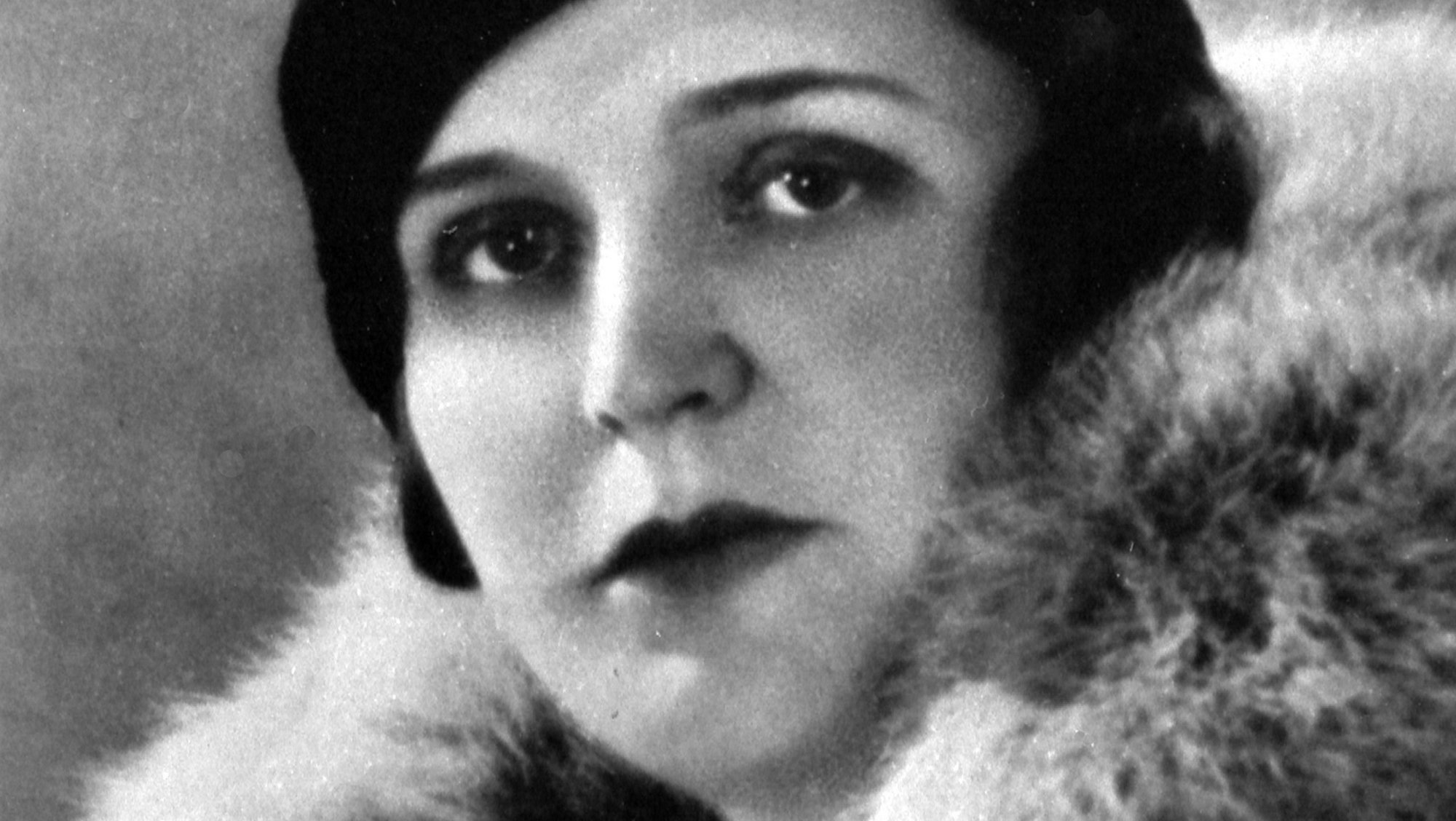Concert information
Info
This programme, conducted by Juanjo Mena, is characterised by refinement of sound and French esprit – for example when Maurice Ravel tells an ancient love story through his ballet music Daphnis et Chloé. With a musical language that is at times delicate and at others austere, he depicts shy first love, forced separation, and a happy reunion. The Concertino for harp by Germaine Tailleferre, performed here with our solo harpist Marie-Pierre Langlamet, is impressionistic and highly virtuosic. The evening opens with the overture Ramuntcho by Gabriel Pierné, based on Basque themes.
Artists
Berliner Philharmoniker
Juanjo Mena conductor
Marie-Pierre Langlamet harp
Rundfunkchor Berlin
Justus Barleben chorus master
Programme
Gabriel Pierné
Ramuntcho, Ouverture sur des thèmes populaires basques
Germaine Tailleferre
Concertino for Harp and Orchestra
Marie-Pierre Langlamet harp
Interval
Maurice Ravel
Daphnis et Chloé, complete Ballet Music
Rundfunkchor Berlin

Main Auditorium
22 to 71 €
Introduction
19:15
Series B: Concerts with the Berliner Philharmoniker

Main Auditorium
22 to 71 €
Introduction
19:15
Series F: Concerts with the Berliner Philharmoniker

Main Auditorium
22 to 71 €
Introduction
18:15
Series H: Concerts with the Berliner Philharmoniker
“I believe that this will be one of the best concerts of my life.”
Marie-Pierre Langlamet on the Concertino and the composer Germaine Tailleferre
“She never did the same thing twice,” emphasises harpist Marie-Pierre Langlamet in this video about the composer Germaine Tailleferre. Her Concertino for harp and orchestra is full of ideas and surprises.
Princess or wallflower?
A portrait of the composer Germaine Tailleferre

In the 1920s, Germaine Tailleferre stirred up the musical life of France as a member of the famous composers’ collective “Les Six”. Even so, much of her work was subsequently neglected. Here is a portrait of Tailleferre’s turbulent life.
Biographies
Juanjo Mena
Juanjo Mena is acclaimed internationally – in particular for his interpretations of French, Spanish and South American repertoire. His secret for success sounds deceptively simple. “I always try to stick exactly to what is written in the notes,” he says. “I believe that, as conductors, we must always try to understand what is written, rather than to look for ways to contribute to the score. Because sometimes we confuse ourselves with the composer, and try to make changes, instead of playing what is written.”
Mena, who conducted his first choir at the age of 16, initially studied at the Real Conservatorio Superior de Música de Madrid with Carmelo Bernaola and Enrique García Asensio, and later became a student of Sergiu Celibidache. “I learned from him how to shape music, create sound colours, and make a space in which you don’t talk about music, but feel it.” He began his conducting career in 1999 as head of the Bilbao Symphony Orchestra. He received international acclaim as Principal Guest Conductor of the Bergen Philharmonic Orchestra and as Chief Guest Conductor of the Orchestra del Teatro Carlo Felice in Genoa. From 2011, he took over the BBC Philharmonic for seven seasons, touring Europe and Asia with the orchestra. Today, Juanjo Mena conducts all the leading orchestras – including the Berliner Philharmoniker, with whom he made his debut at the end of May 2016 with a Spanish-French programme.
Marie-Pierre Langlamet
According to Marie-Pierre Langlamet, the harp is a complicated instrument: “You're basically working in a computer programme in which certain things are possible, but not others,” she explains. “To be able to do these other things, you have to change the programme with the pedals, but then the original things are no longer possible. You have to think very far ahead.” Marie-Pierre Langlamet has been principal harpist with the Berliner Philharmoniker since 1993.
In this role, she frequently performs as a soloist with the orchestra, drawing a sound from her 47 strings that Berlin’s daily newspaper Der Tagesspiegel described as “so atmospherically dense, with such fine dynamic shadings, that you would never have expected them from this plucked instrument”. In addition, the Grenoble-born musician, who teaches at the Karajan Academy and the Berlin University of the Arts, performs internationally as a soloist with eminent chamber music ensembles and orchestras, as well as frequently giving solo recitals. Marie-Pierre Langlamet studied with Elizabeth Fontan-Binoche at the Nice Conservatory and later attended masterclasses with Jacqueline Borot and Lily Laskine. After early competition successes, she took up her first position as principal harpist in the Orchestre de l’Opéra de Nice at the age of 17. Following further studies at the Curtis Institute of Music in Philadelphia, she was appointed assistant principal harpist in the orchestra of the Metropolitan Opera New York in 1988.
Rundfunkchor Berlin
Brilliant, flexible, transparent, versatile, precise – these are among the adjectives employed by critics to describe the sound of the Rundfunkchor Berlin. “There is probably no other choir that does so many different things so well and that can deal with such a broad repertoire and such different formats,” says Gijs Leenaars, Chief Conductor and Artistic Director since the 2015/16 season.
Its outstanding ability and versatility make the Rundfunkchor Berlin, founded in 1925, a favourite partner of major orchestras and conductors. In “sing-along concerts”, enthusiastic amateurs are also frequently invited to make music together with the choir. The Rundfunkchor Berlin has performed regularly with the Berliner Philharmoniker since the early 1990s. Collaborative projects have included staged performances of Johann Sebastian Bach’s St Matthew Passion and St John Passion with Sir Simon Rattle and Peter Sellars which won widespread critical and popular acclaim. The partnership has continued under Chief Conductor Kirill Petrenko, beginning with Beethoven’s Ninth Symphony when he took office in August 2019, and later including concert performances of Tchaikovsky’s operas Mazeppa and Jolanthe, as well as Felix Mendelssohn’s oratorio Elijah. The Rundfunkchor Berlin last sang with the Berliner Philharmoniker in January 2024 under Kirill Petrenko’s direction in a concert performance of Arnold Schoenberg’s Die Jakobsleiter.
Plan your visit
Opening hours, program booklets, dress code, introductions and more
How to get to the Philharmonie Berlin
Whether by bus, train, bike or car: Here you will find the quickest way to the Philharmonie Berlin - and where you can park there.
Ticket information
Advance booking dates, opening hours, seating plans, discounts

